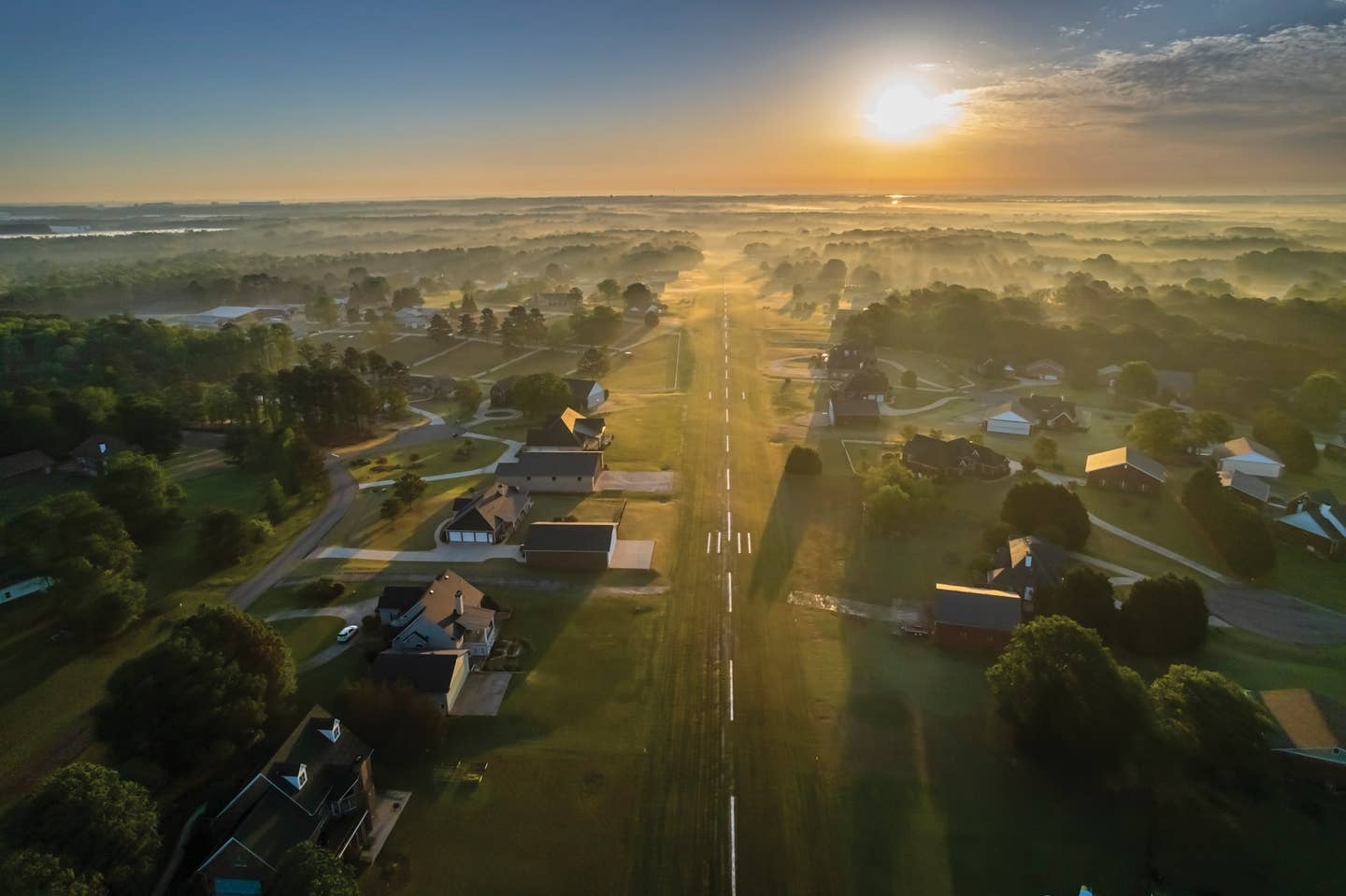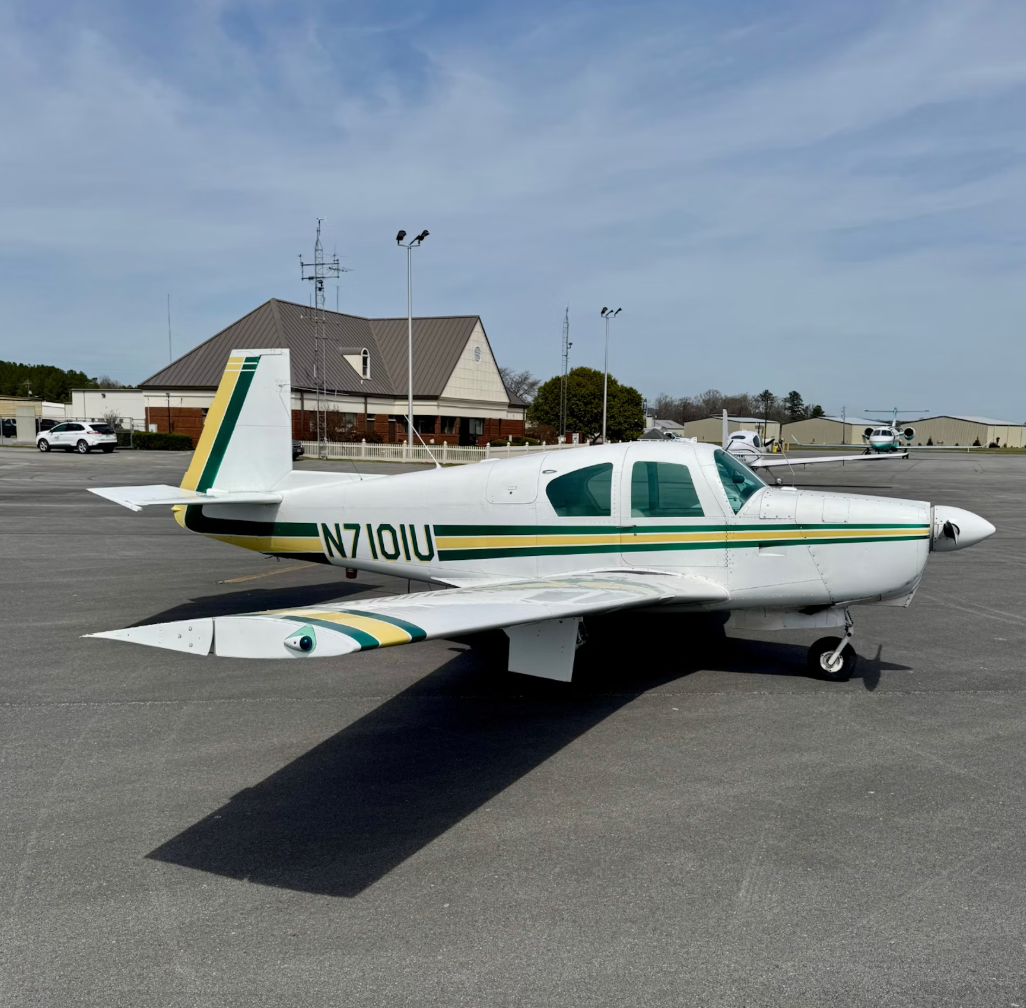Bessie Coleman
There’s something deeply inspirational about people who don’t step into success from the top rung of the ladder but who start from a position that everyone, or just about everyone,…

Although her contributions to aviation history weren’t fully recognized until many decades after her death, Bessie Coleman’s aviation career was remarkable by any standard.
There's something deeply inspirational about people who don't step into success from the top rung of the ladder but who start from a position that everyone, or just about everyone, tells them is hopeless. For Coleman, the odds were beyond stacked. Born in Texas in 1892, Coleman grew up in a family of sharecroppers. Her family---her father was Black and Native American (Cherokee), and her mother was Black---was desperately poor, and life was hard for Coleman and her 12 siblings, four of whom died in childhood. She worked picking cotton as a youth and went to a small rural school when she could and showed great promise, earning entry into a small college. Despite desperate circumstances, Coleman's dreams were lofty, literally so. But as fate would have it, it was hard to become a pilot if you were a woman and darn near impossible if you were a Black woman. So, Coleman, with financial assistance from a successful African American Chicago-based publisher, went to France to learn to fly, and did she ever learn.
When Coleman earned her International pilot's certificate in June of 1921, she became the first Black woman in the world to get her license, as well as the first Native American, man or woman, to do so.
Upon returning to the States, Coleman became a celebrity and soon began flying airshows. Her career was short but brilliant; after performing for many years without incident, she perished in an accident in April of 1926, falling to her death from an estimated 2,000 feet after the plane she was a passenger in went out of control. There was no seatbelt, and Coleman was not wearing a parachute.
Coleman's life arc was meteoric, and her death was tragic. But her fame spread far beyond aviation, and in the 95-plus years since her loss, her memory and example have served as inspiration to countless people---especially those who are discriminated against and who face huge obstacles. The lesson of her life is to fight and never give up hope.
Bessie Coleman's death wasn't widely reported on in mainstream American media. It was the Black-owned and Black-run media that reported on it and often kept her legacy alive until recent years, when the importance of her work became widely understood. She was enshrined in the National Aviation Hall of Fame in 2006, 80 years after her tragic passing.

Subscribe to Our Newsletter
Get the latest Plane & Pilot Magazine stories delivered directly to your inbox






